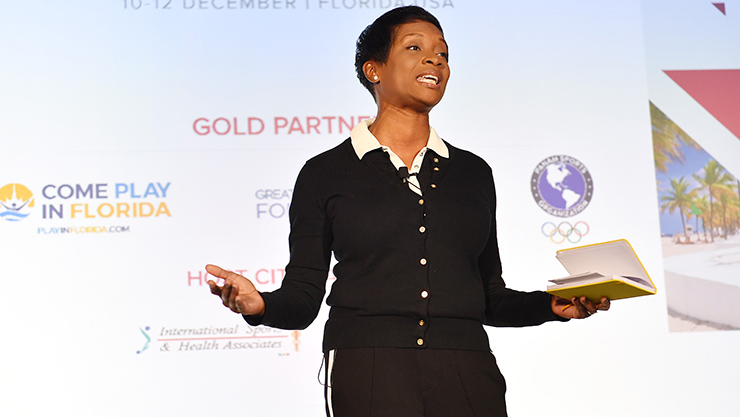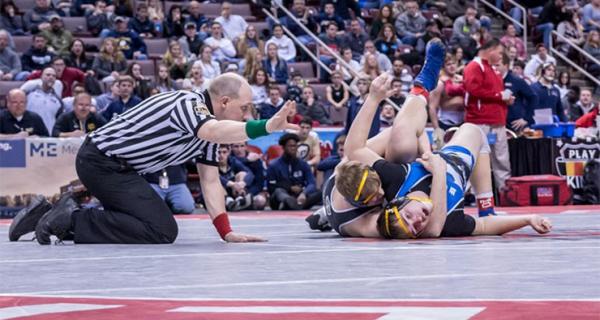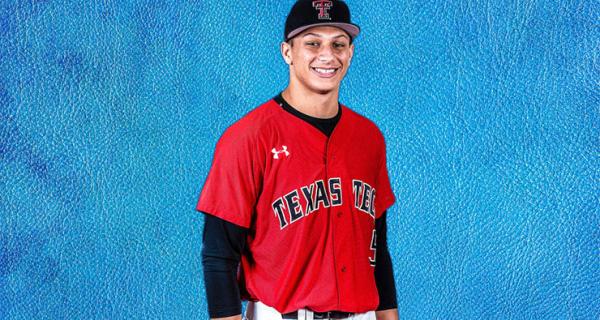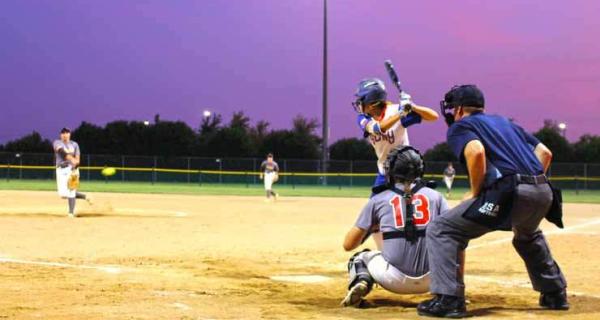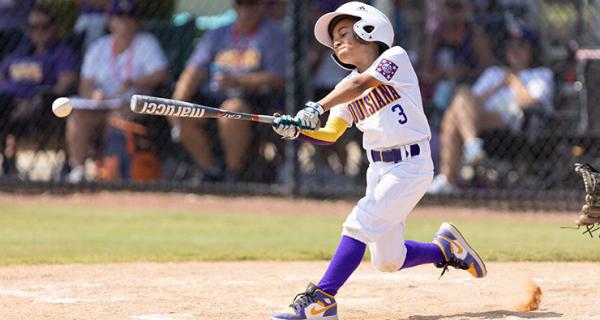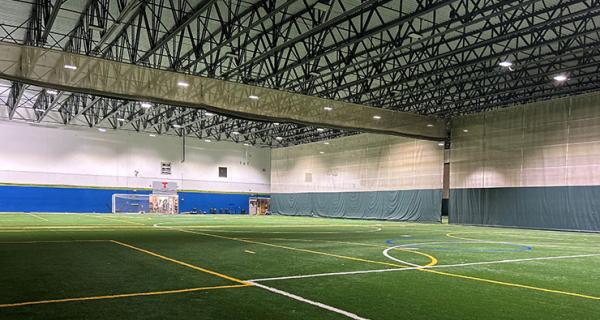5 Takeaways From Regional SportAccord Pan America
Regional SportAccord Pan American brought an international perspective to diverse topics.
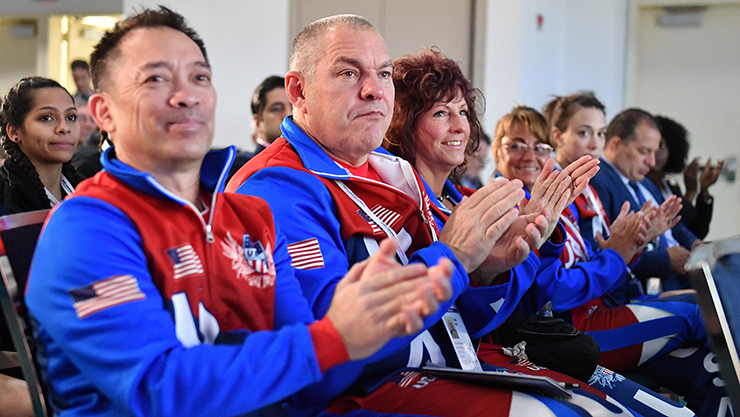
The inaugural Regional SportAccord Pan America in Fort Lauderdale, Florida, covered myriad subjects. Ultimately, the underlying question encompassing two days of engrossing content was: What is the future of sports?
Be it time-honored traditions like the Olympics or emerging movements like esports, the conference created provocative discussions. Fan engagement, city planning and marketing were only the tips of the iceberg.
Perhaps most impressive were the keynotes at the top of their field: Olympic legends Nadia Comăneci and Willie Banks, World Lacrosse CEO and former U.S. Olympic Committee Executive Director Jim Scherr and The Association of Summer Olympic International Federations Executive Director Andrew Ryan.
While the event was new, the content felt polished and presented by an organization well-versed in the matter—which SportAccord is.
Here are five takeaways from the gathering of about 500 sports professionals from the United States, Canada and Latin America.
1. An Olympic Movement
Ryan began his presentation with a challenging (even scary) question that needed to be asked: “Are sports federations like the USOC even needed anymore?” To the relief of many, no doubt, the answer is “yes.” But there’s little debate on how to change the way they operate.
Of note, Ryan demonstrated that the way a sports federation operates in the U.S. is far different than in Europe, while Asia, dominated by state-controlled bodies, is a completely different model. At the highest level, a constant struggle is to convince nations (besides China) to actively campaign to host the largest event of all: The Olympics, which comes with a hefty price tag in terms of dollars and legacy.
Ryan’s analysis points to a model that federations can move toward. Namely, these large organizations need to work with businesses and think like businesses. With an entrepreneurial spirit, international sports federations can and will thrive. They just need to get there, Ryan says.
2. Time to Come Clean
Regional SportAccord Pan America opened just as the International Olympic Committee barred Russia for four years over large-scaled doping. This is just one example of challenges facing sports governance. “Public perception is the largest problem,” said Stephan Fox, president of the International Federation of Muaythai Associations and vice president of the Global Association of International Sports Federations (GAISF).
The media took its fair of hits for perhaps focusing too much on controversies, but a panel including Fox, Ryan and Raffaele Chiulli, president of SportAccord and GAISF, concluded more transparency is needed. Beyond doping, this falls into finances so the public can access information.
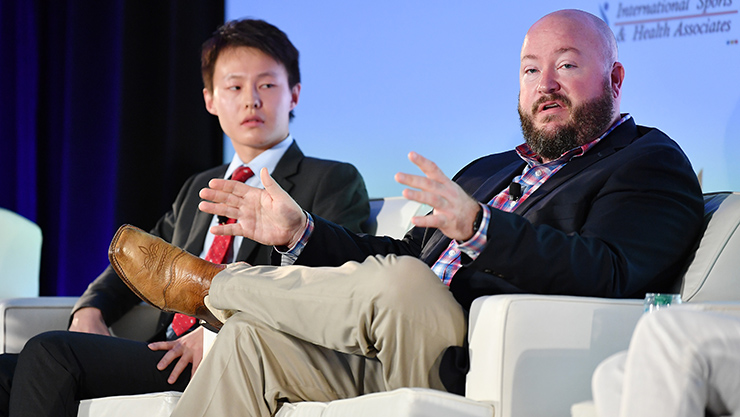
3. Whither esports?
Fortnite might be the greatest threat to sports as we know it. But that doesn’t have to be a bad thing, says Vlad Marinescu, president of the United State eSports Federation.
What we know is there are some inherent dangers in gaming that needed to be addressed. The World Health Organization has labeled video games as addictive and created a related disorder designation. Marinescu doesn’t shy away from this; he embraces it with a push for “responsible gaming,” and using esports as a carrot for children to play outdoors before generating screen time.
4. Be in the Right
Angela Suggs, president and CEO of the Florida Sports Foundation, is a woman of color in a position of power in sports. She knows this makes her unique and used the stage time to challenge all attendees to concentrate on inclusion. Sure, there are economic advantages to reaching out to groups like LGBTQ individuals. Suggs, though, boiled it down to a more basic axion, “It’s the right thing to do,” she said.
The theme of acceptance and challenging long-standing beliefs was common throughout the conference. One pertinent note Matt Wilson, executive director of the Arlington (Texas) Sports Commission, made is that sports professionals need to be authentic when working with esports organizers.
His opinion is true across the board—if you don’t come across as authentic, you will struggle building relationships needed for future business.

5. Sports Remains Universal
Most delegates in Florida spoke English, even if it was not their first language. In any language, the power of sports remains strong.
Comăneci spoke to that lesson, transforming from a young Romanian girl with boundless energy into the first gymnast to score a perfect 10. Gymnastics brought her fame. More importantly, it led her to marry U.S. gymnast Bart Conner and have a child together. Now the family pays it forward with their own programs in Oklahoma City. Sports, too, taught her valuable lessons on how to focus (which she turned into an inspiring acronym).
At the conference, people of diverse backgrounds congregated to one destination unified by sports. They left with a better understanding of cultures and what athletics means to different people. It’s no wonder there is genuine optimism for the future of sports, no matter what it looks like.


